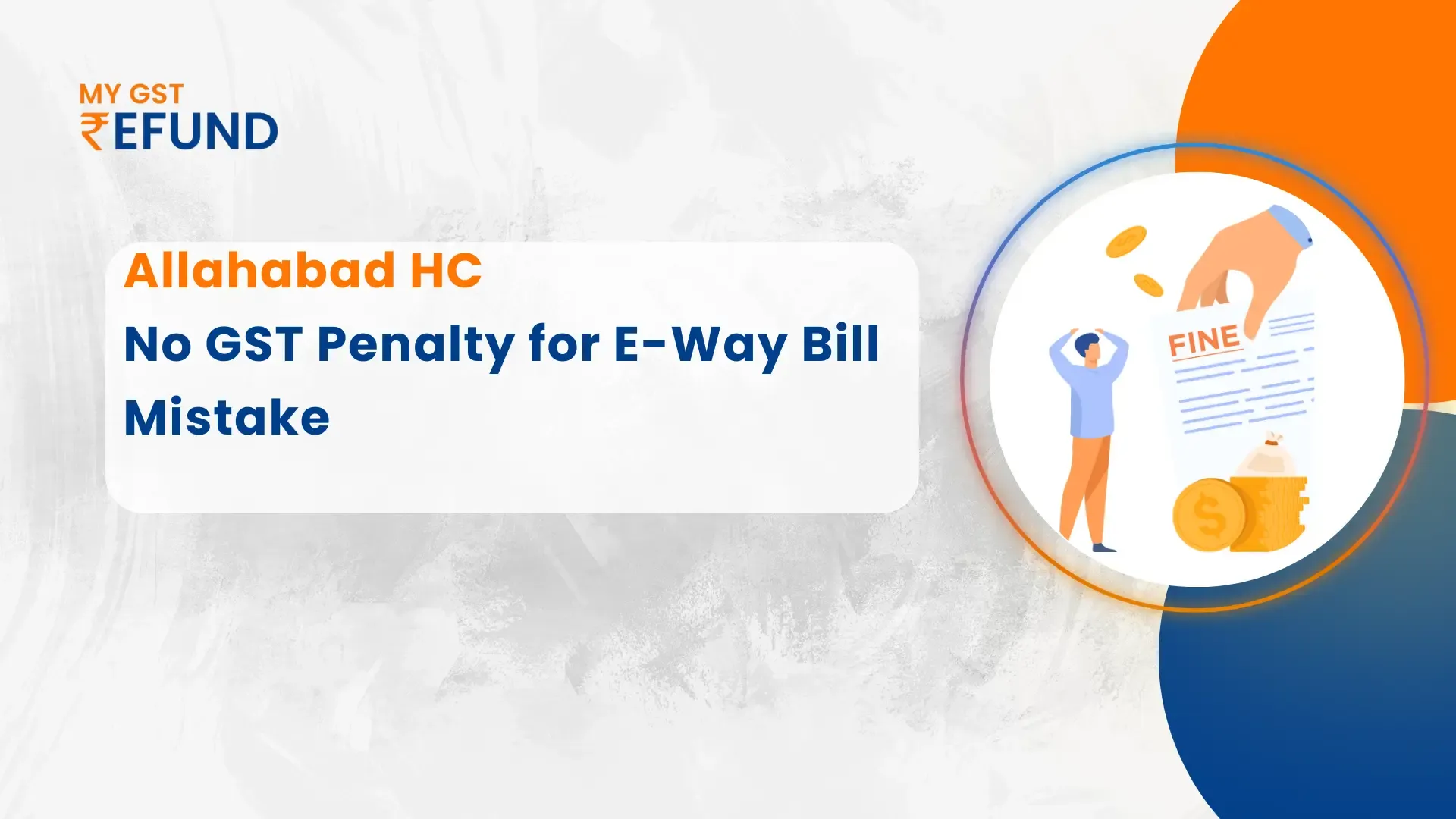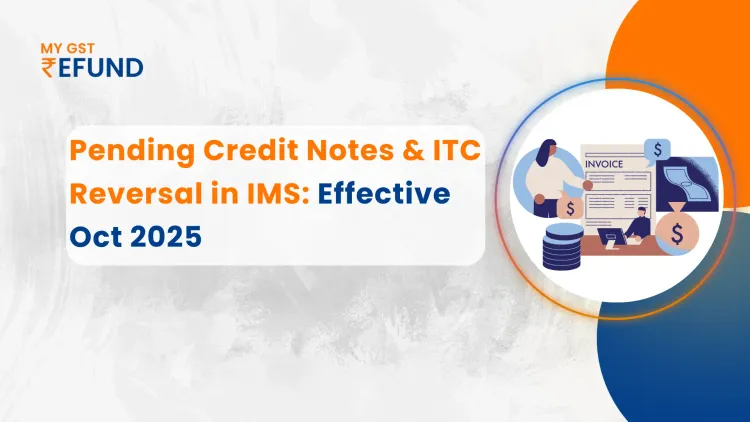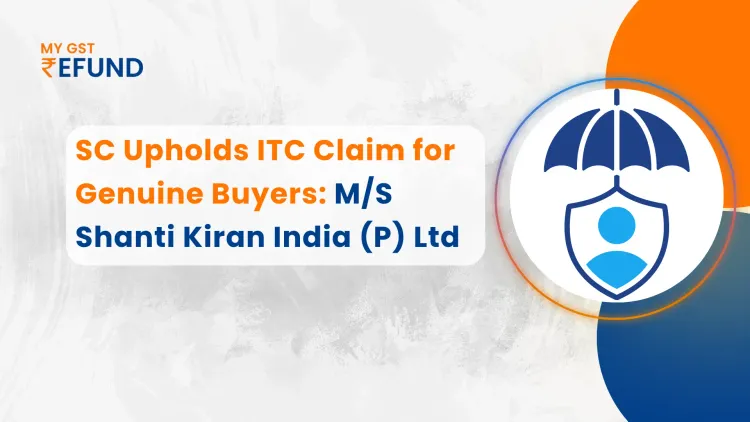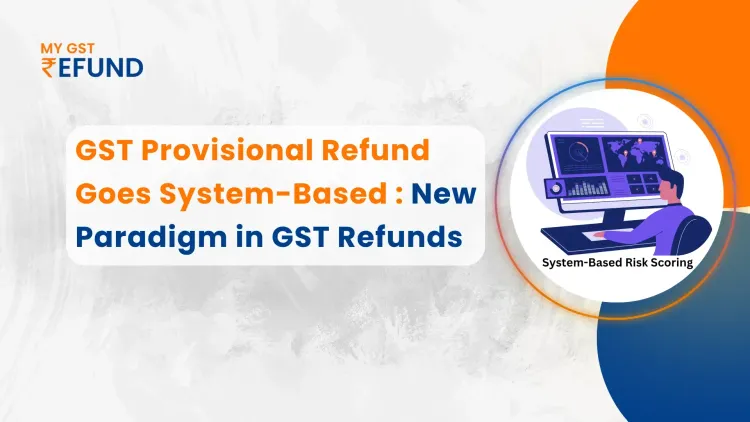HC Quashes GST Penalty for E-Way Bill Technical Error
Published on: Thu Aug 14 2025
Background of the Case
(High Court - Allahabad), July 30, 2025
Key Issue Highlighted
The principal question: Can a mere technical breach—specifically, the non-mention of the transporter’s name in the e-way bill-trigger a penalty under Section 129?
Factual Matrix
Nature of Transaction
- Goods transported from Delhi to Delhi, accompanied by invoice, e-way bill, and bill of lading.
- Only the transporter’s name was missing; the truck number and other details were correctly mentioned.
Action of the Case
- Section 129(3) of the CGST/UPGST Act, 2017, permitted the seizure and detention of goods. After providing a notice outlining the tax and penalty due, the officer holding or seizing the goods or conveyances must make an order requiring payment of the tax and penalty under clauses (a), (b), or (c).
- The penalty was imposed by the adjudicating authority and upheld by the appellate authority.
Arguments
Petitioner’s Contentions
- The movement was purely intra-city (Delhi → Delhi); diversion to Ghaziabad was merely logistical.
- All primary documents (invoice, GR, and e-way bill) correctly indicated the destination.
- There was no desire to avoid taxes; the transporter's name was simply omitted due to a technological error.
Respondent’s Contentions
- The transporter’s name was never disclosed at any stage.
- The driver’s statement citing Ghaziabad as the destination justified the authorities’ actions.
- Authorities acted within the legal framework in imposing penalties.
Court’s Analysis and Observations
Document Compliance: All essential documentation (invoice, e-way bill, etc.) was in place, with only the transporter’s name missing.
No Recorded Intention to Evade Tax: Lower authorities did not note any intent to evade tax.
Insufficiency of Driver’s Statement Alone: The driver’s statement was inadequate to establish evasion intent.
Appellate Grounds Unchallenged: The department did not refute the the appellant’s ground that goods were transported in a full truckload to a godown.
Legal Precedents:
State of U.P. v. Varun Beverages Ltd. (Allahabad HC)
The Supreme Court ruled in Asst. Commissioner (ST) v. Satyam Shivam Papers (P.) Ltd. that technical errors without the intent to dodge taxes do not warrant a penalty under Section 129.
Outcome/Decision
Primary Finding: Section 129 cannot be invoked in the absence of tax evasion intent.
The Case Orders Quashed: The appellate order (dated October 23, 2021) and the initial penalty order (dated April 30, 2021) were both quashed.
Relief Granted: The writ petition is allowed in favor of the assessee.
Conclusion
Documentary Perfection Is Important, but Intent Matters: Minor technical omissions without any malicious intent shouldn’t attract a penalty under Section 129.
Authority May Be Cautioned: Enforcement bodies should exercise discretion and verify intent before invoking penal provisions.
Binding Precedents Strengthen Assessee’s Position: This ruling reinforces prior judgments that penal action requires deeper scrutiny—mere technical errors are insufficient ground.
Business Compliance Insight: Businesses should strive for completeness in documentation while knowing that courts consider context and intent before penalizing.
Suggested Further Reading/Legal References
- Varun Beverages Ltd. v. State of U.P. (Allahabad HC) – technical lapses without intent do not justify penalties.
- Asst. Commissioner (ST) v. Satyam Shivam Papers (P.) Ltd. (Supreme Court) – Section 129 penalties require tax evasion intent.
Other HC rulings (e.g., Madras, Andhra Pradesh, etc.) on technical errors vs. intent in GST enforcement.
Related Posts




